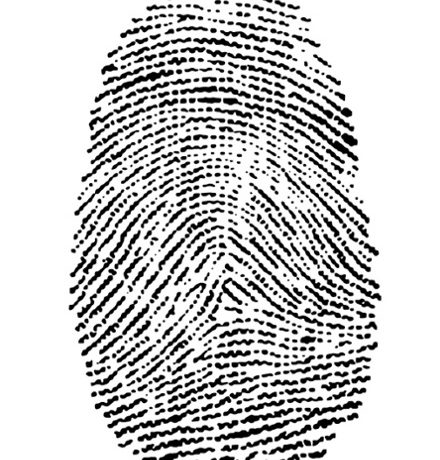medical decision making
Evidence Based Decision Making in the Modern Physician’s World

Even as global health care spending has risen in recent decades, studies show that quality of care has not. Evidence based medicine represents a reaction against this trend that works to raise the value for investments. In particular, the lack of consistent results for spending led to calls like that of the New York Times – for “more reliable science” as evidence. Evidence based decision making or EBDM explicitly and conscientiously considers the highest quality evidence available to improve health care choices.
Expanding Evidence & Improving Care
Evidence based decision making is built on medicine that integrates evidence into daily practice. According to Kohn et. al, this represents a recent shift arising from massive growth in the biomedical sciences. EBDM specifically expands the evidence base by including up-to-date, relevant, and patient-centered research on prevention, diagnostics, treatments, and other effects of care. It also gives clinicians the tools to act upon data, including the following:
- Clinical decision support with reliable information at the point of care,
- Systematic review of research questions with minimal bias,
- Quantitative methods for evaluating and synthesizing research,
- Global, fully-disclosed evidence from high-quality sources,
- Practice guidelines from professional, reviewed publications,
- And assessment infrastructure for timely evaluation and feedback.
When combined with a clinician’s expertise and patient input, this toolkit is essential to better infrastructure, policies, and procedures that can improve patient outcomes and quality of care.
Improving Care Safety & Quality
Research has shown that consumer demand for evidence based decision making has risen with growing patient awareness of its benefits. Furthermore, advances in communication and health information technology (HIT) have given decision-makers access to more timely and higher-quality information. The result is unprecedented opportunities for redesigning care, improving communication, and strengthening research infrastructure.
- Combining evidence and expert judgement strengthens practice guidelines.
- Sharing decision making brings patient values and scientific research into care plans.
- Integrating individual preferences into such plans in turn improves adherence.
- Reliance upon rigorous evidence in drug approval ensures maximum efficiency.
- Use of clinical evidence strengthens purchaser and employer coverage decisions.
- Care assessment and quality are improved by public reporting and paying for performance.
In these ways, consistent, evidence based practices can lead to powerful benefits for overall safety and care quality, from cost benefits to clear improvements in patient outcomes.
Overcoming Barriers to EBDM
Despite these benefits, evidence based decision making continues to run up against persistently poor care. In the United States, in particular, the Agency for Healthcare Research and Quality’s National Healthcare Quality Report finds a large gap between the promise and adoption of evidence based approaches. Fundamentally, adopting and improving EBDM requires the elimination of significant barriers, including:
- Timely transition from paper-based to electronic media,
- Lack of resources for decision-makers to learn new data,
- Few connections between evidence and the point of care,
- Modes of communication that alienate decision-makers,
- Lack of research that incorporates clinical data, anecdotes, or rules of thumb,
- Time and related challenges of staying up to date through professional development,
- And conflict among decision-makers, including physicians who must re-align with contemporary best practices.
These can be best addressed by physicians’ preexisting core competencies in improving care quality, protecting patient safety, and integrating best research into practice. However, leadership is also required for creating supportive environments and clear incentives to motivate practitioners to use current knowledge.
Evidence based decision making is more important than ever, with over 39,000 publicly funded trials underway in the USA. However, evidence should be factored into decisions alongside individual circumstances, preferences, and resources. At base, EBDM provides a way for physicians to integrate clinical expertise and patient values into the cultivation of better, evidence-based health care.
—
Elliot Health System believes in quality care facilitated by quality providers. Would you like to join us?
![]()



Recent Comments